This volume brings together articles on utopia and dystopia in a breadth of disciplines—history, literature, gender studies, political science, sociology, anthropology, and Native American Studies.
Utopia and dystopia are modes and resonances present in all parts of the world, not just Europe and white North America. Equally, utopian and dystopian thought and practice are and have always been gendered. Utopia, memory and temporality often intersect in strange and surprising ways.
Three dimensions are thus central to the enterprise undertaken in this volume: The relationship between utopia/dystopia and time/memory. The focus on Europe and areas outside Europe at the same time. The gendered analysis of utopia/dystopia.
Contributors to this volume include prominent experts in fields as varied as Development Studies, Cultural Studies, Women’s Studies and Literature.
ABOUT THE AUTHOR Barnita Bagchi
Barnita Bagchi obtained a BA in English Literature from Jadavpur University, Kolkata, India, and MA from St. Hilda’s College, University of Oxford (where she was a Hewitt Exhibitioner), and a Ph.D. from the Faculty of English, University of Cambridge. While at the University of Cambridge, she coordinated the Gender and Literature seminar. Since her college days she has worked actively with feminist institutions and activist organizations, notably at the School of Women’s Studies, Jadavpur University, and Majlis, Mumbai. She is also a translator of Bengali literature into English. Currently a member of faculty at the Indira Gandhi Institute of Development Research, Mumbai, she teaches and researches a range of issues at the interface of gender, education and development, in contemporary India, early twentieth-century Bengal and Romanatic-era Britain.

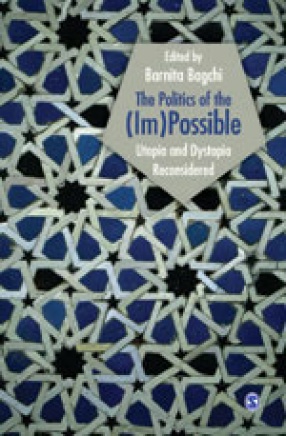
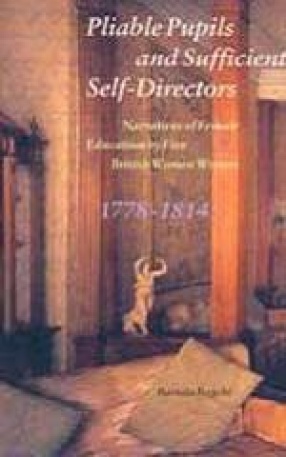
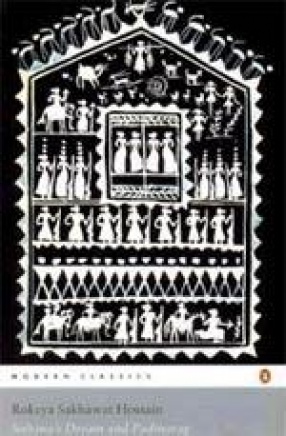

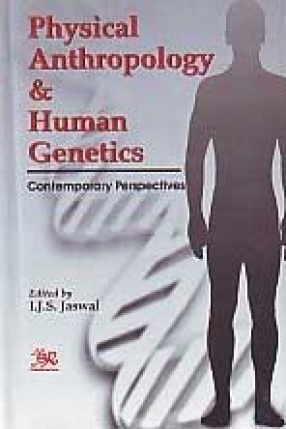
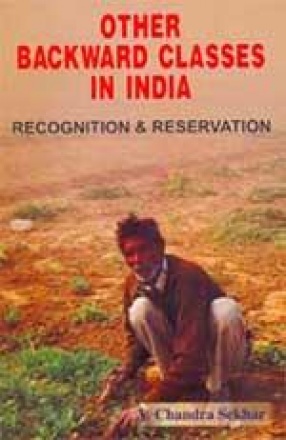

There are no reviews yet.